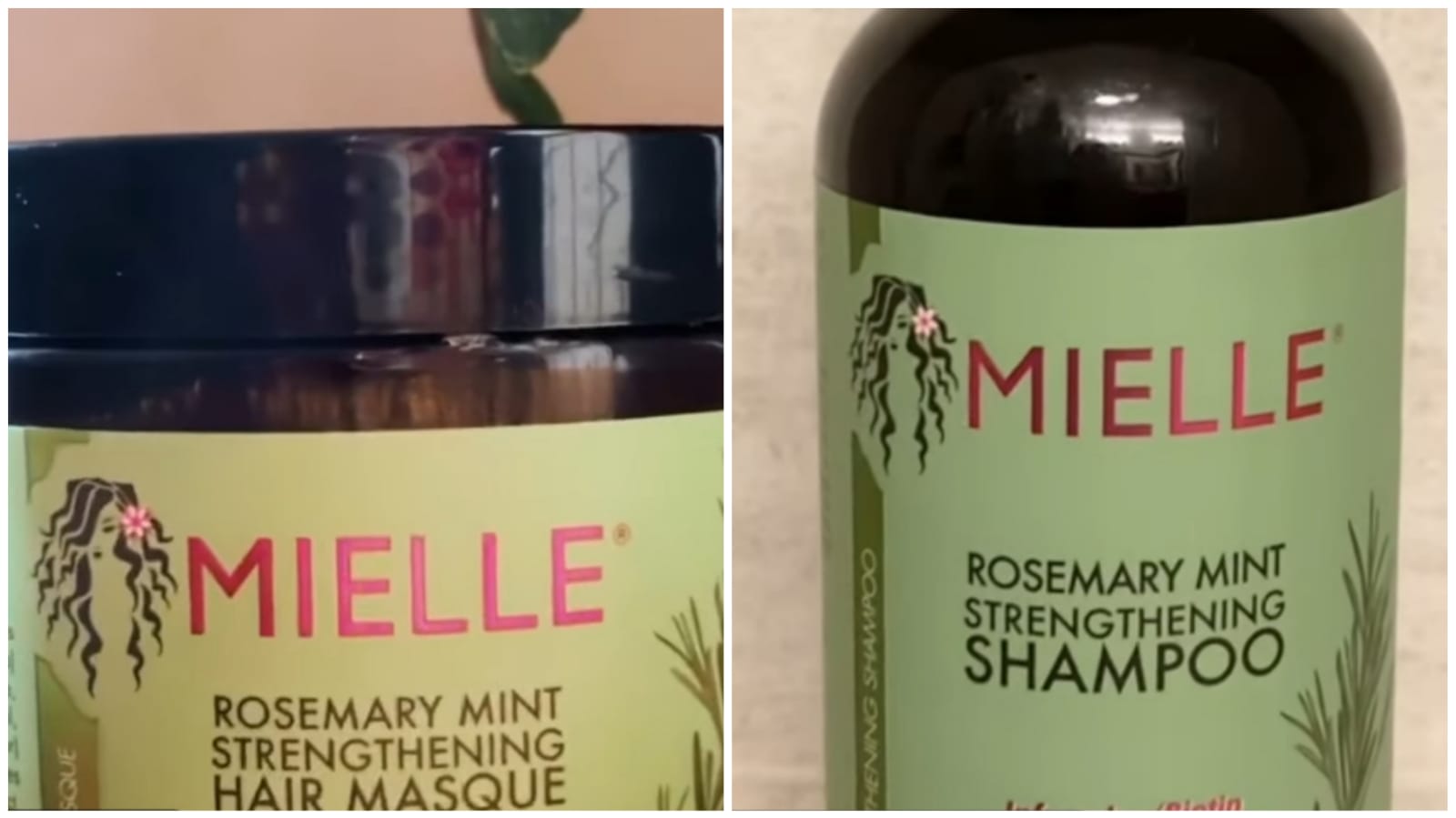Hair loss after using Mielle Organics? Learn why women are taking legal action in 2025 and what the lawsuit could mean for beauty brands everywhere.
Mielle Organics—a well-known haircare brand founded by Monique Rodriguez—looks to be down rapidly in 2025 with a lot of scrutiny and lawsuits. Mielle had a wildly popular item—Rosemary Mint Scalp & Hair Strengthening Oil—that was fueled by TikTok and became so hyped that consumers bought in completely to the product, until their experience of hair loss resulted in liability.
1. The Backstory: TikTok Hype And TikTok Stigma
In late 2022, Mielle’s Rosemary Mint oil went viral on TikTok with influencers like Alix Earle claiming its value as a miracle oil for hair growth. Then mass acceptance.
TikTok stigma: As early as 2024, many TikTok creators, including Bethanny and Danesha Mo’Nék, documented their experiences of losing hair after using the Rosemary Mint hair oil, shampoo, and conditioner products; some identified the product in videos that were seen by millions.
Emotional toll: Users would describe hair shedding in clumps or bald patches after using the rosemary mint product regularly.
2. The Legal Battle Begins: Hair Loss Class Action
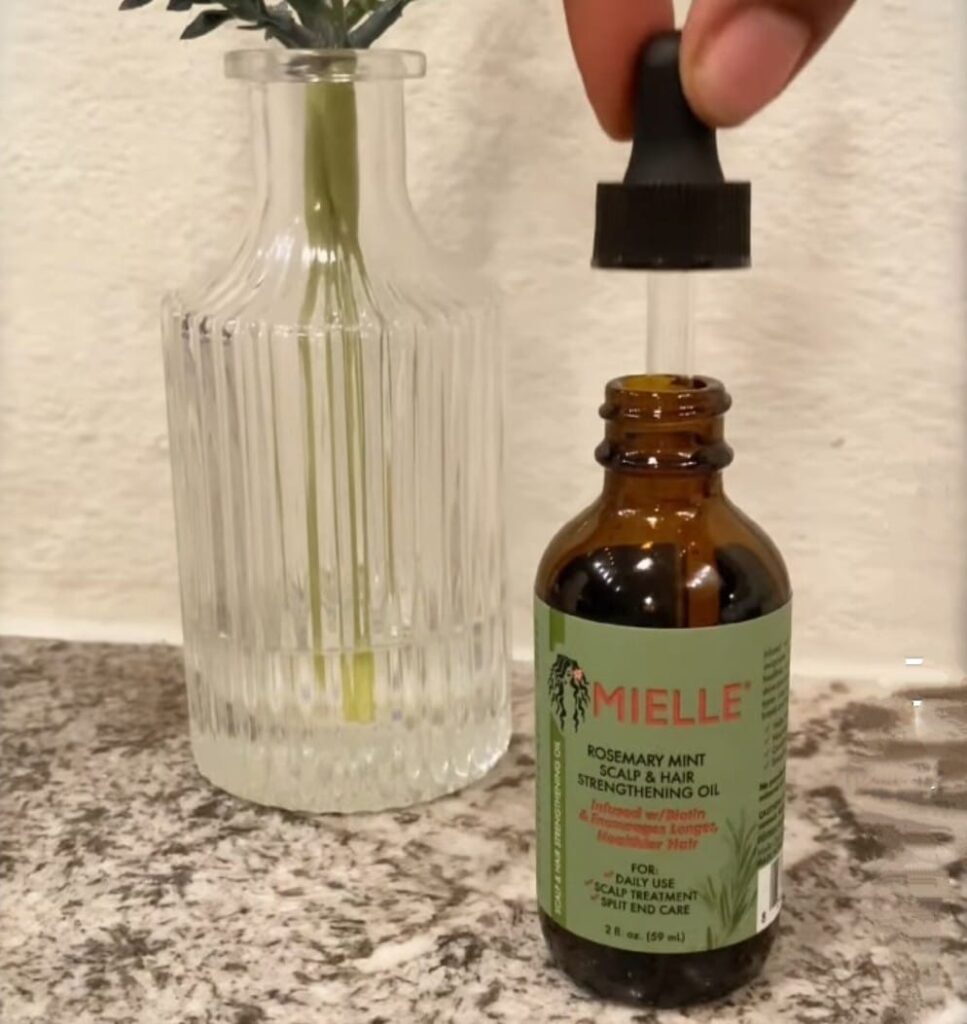
A class action suit was filed in late 2024/early 2025 in Illinois federal court, including individual plaintiffs (including) Stephanie Williams, Georgina Gomes, and Krista Gillette.
The plaintiffs have alleged:
Failure to warn of the risk of hair loss,
Negligent testing, alleging untested harmful ingredients, went to market.
State law claims, including fraud, consumer protection, and unjust enrichment.
Based on online comments/reviews, users were required to file more than 900 comments claiming they experienced hair loss, where they allege similar issues with Mielle’s products used between November 2024 and June 2025.
3. Misleading Marketing Claims: “Natural” and Made in USA
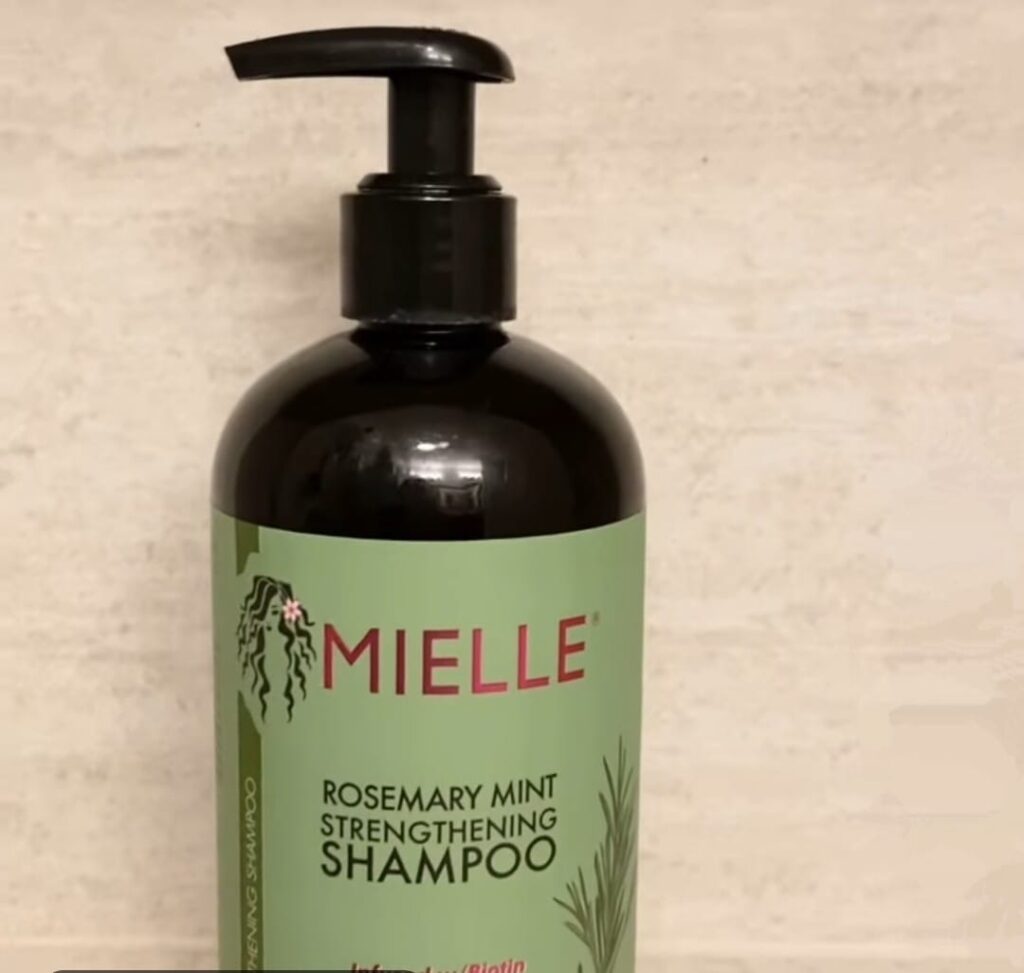
In April 2025, a proposed class action was filed in California federal court, initiated by Sharon Allen and the Kazerouni Law Group APC.
The major allegations:
Branding them as “natural” and “made in the USA,” and using synthetic ingredients or ingredients from outside the USA, like benzyl nicotinate, phenoxyethanol, tea tree oil, and coconut oil.
The complaint alleges Mielle violated the requirements set forth by the FTC regarding ingredient country of origin because the FTC requires the ingredients to be labeled if it’s not USA-sourced.
The individual plaintiff is asking for injunctive relief, restitution, and damages for engaging in misleading marketing practices between 2021-2025.
This lawsuit removed the physical bodily harm issue and moved to deceptive advertising, which now can have a much wider legal impact on the brand.
4. Regulatory Warnings: Proposition 65 & Trace Chemicals
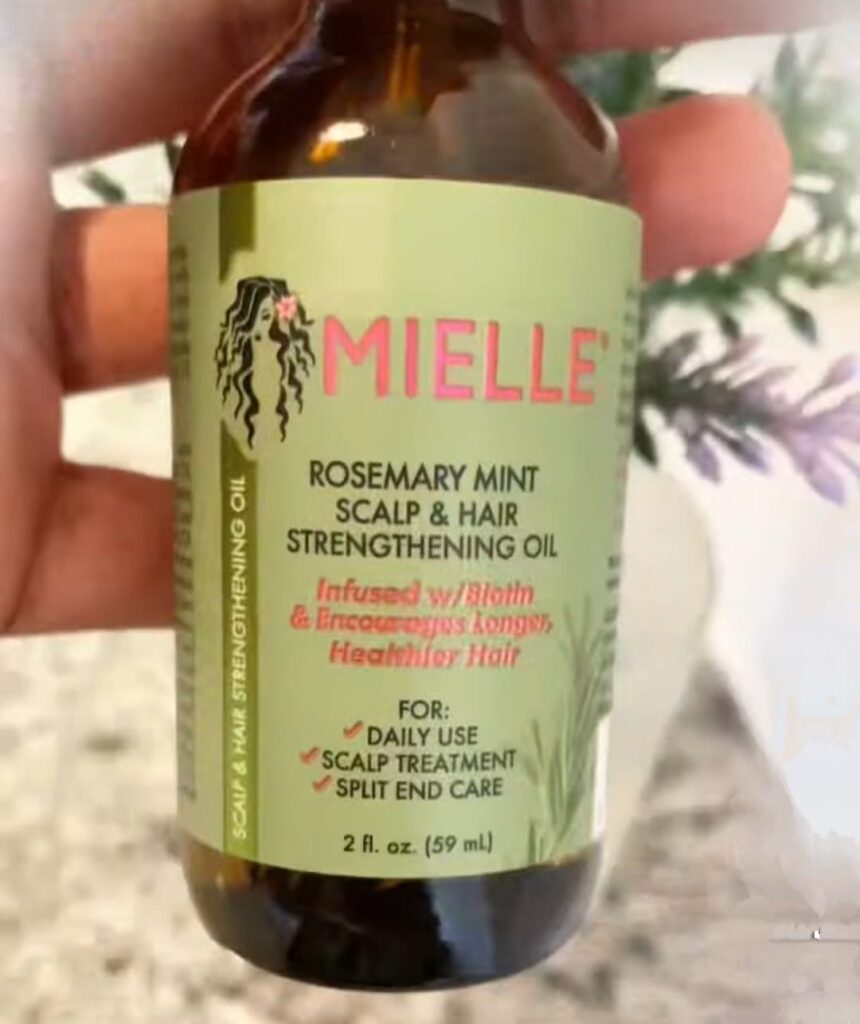
In May 2024, California’s Prop 65 intent-to-sue notices listed Mielle’s rosemary-strengthening shampoo for having diethanolamine (DEA) without warning labels.
DEA concerns: Associated with liver and kidney tumors in animal studies.
However, experts note that most detections of DEA in consumer products are trace-level contamination (allowed under current regulations for cosmetics—30411A).
No lawsuits resulted from the notice under Prop 65, but heightened consumer concerns all around.
5. Counterfeit Products & Ingredients Complexity
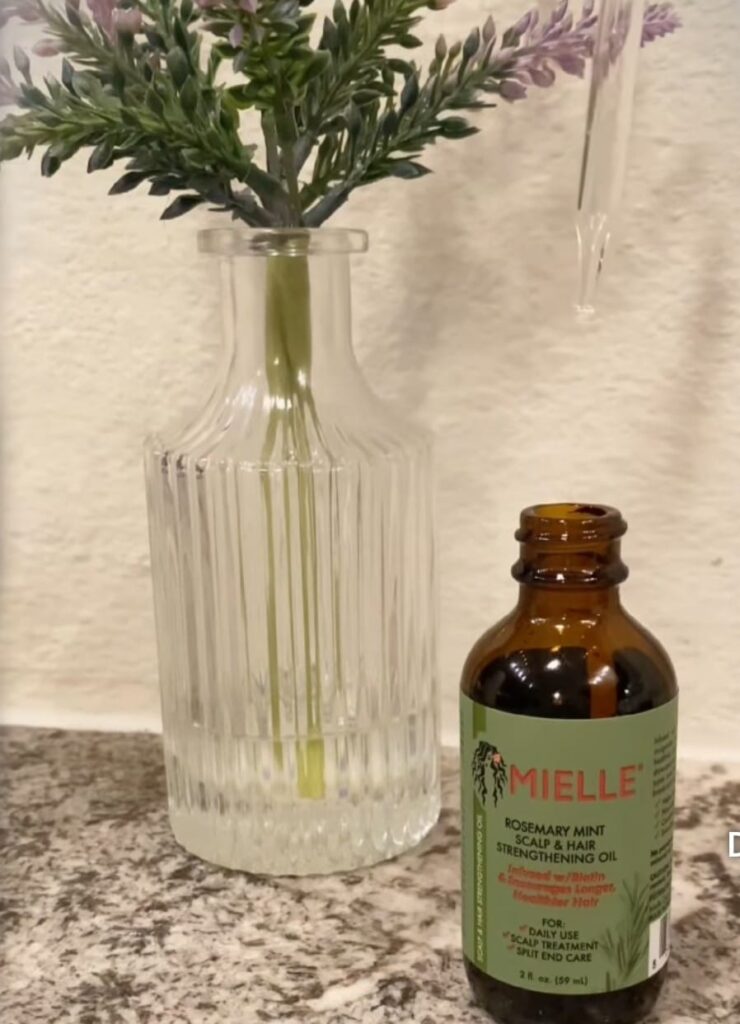
Allure and other outlets are now reporting counterfeit Mielle products being sold on the Internet, especially on Amazon and eBay. The brand claims that many of the issues may be coming from these fake or compromised bottles.
The independent cosmetic chemists—like Javon Ford—explain that essential oils (mint, rosemary, eucalyptus) can sensitize scalps, resulting in dryness or brittleness.
These ingredients provided the basis of the original formulations, and the timing is the subject of interest, as it is unclear if the products have changed after P&G acquired the brand in January 2023.
6. Mielle’s Defense: No Formula Change, CEO Responds
Mielle has been very public in her defense.
Monique Rodriguez, founder and CEO of Mielle, continues to say that none of the formulas changed after being acquired by P&G in January 2023.
She says that Mielle is committed to authenticity, transparency, and independent testing.
Mielle encourages consumers to read labels closely and consult dermatologists. Also, Rodriguez cited other things like genetics, hormones, stress, and styling as potential causes of loss, a far leap from “rosemary oil.”
Latest Updates (as of June 2025)
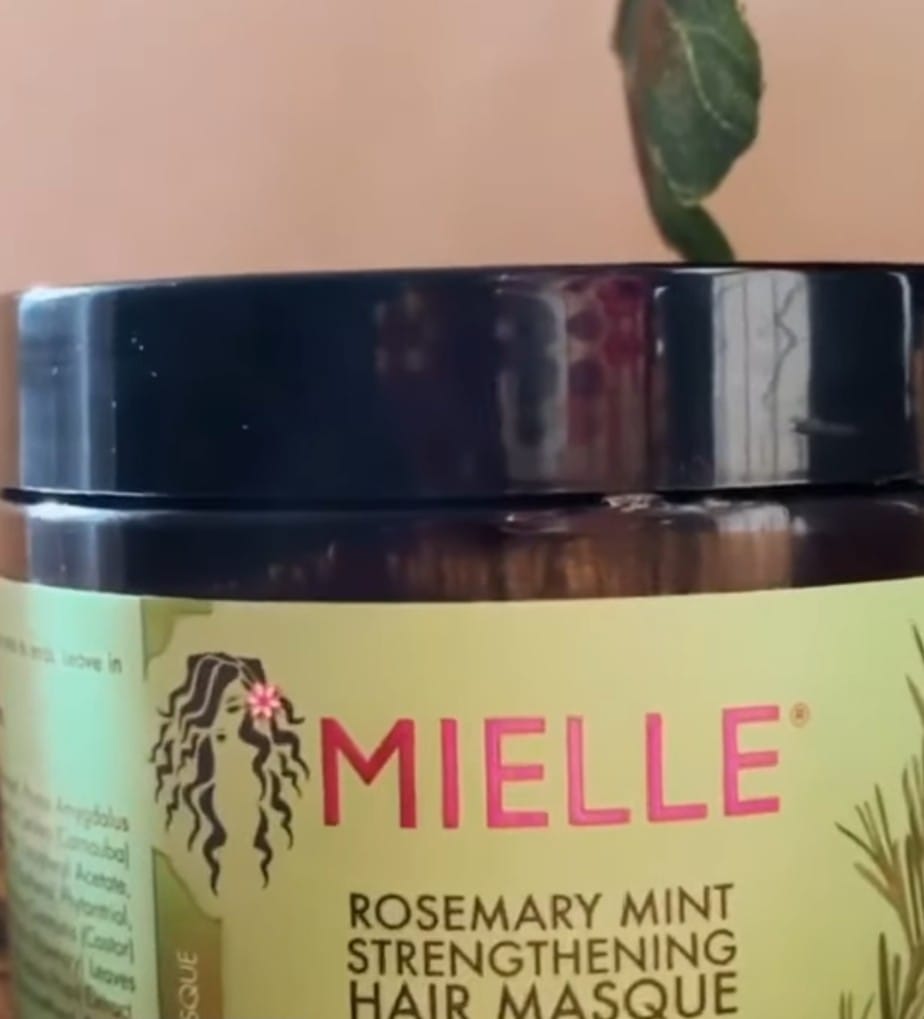
Hair Loss Class Action (Illinois): Active litigation, seeking damages & disclosures for all purchasers in the U.S.
Marketing lawsuit (California): Filed April 2025, with challenges to the “natural” and “Made in USA” language
Prop 65 warning: No lawsuit filed yet – you have a disclosure-only requirement for DEA trace levels.
Ongoing consumer reports: Hundreds of additional postings online, spring-summer 2025.
What the Mielle Organics controversies in 2025 illustrate are important consumer issues of product safety, honest marketing, and corporate accountability. As the lawsuits make their way through the courts and women share their painful personal stories, there is increasing pressure on both regulators and brand owners to restore trust – and to treat hair care not merely as beauty, but #healthcare.
For consumers, the safest strategy is to exercise caution: at the first sign of irritation, stop use; confirm authenticity; and stay current with the lawsuits. Regardless of whatever the outcomes may be, this case will probably be influential in determining cosmetic industry norms on claims, ingredients, and consumer protection.
FAQs
Why are women suing Mielle Organics in 2025?
Women have been filing lawsuits against Mielle Organics, claiming that certain products – especially the Rosemary Mint Scalp & Hair Strengthening Oil – cause hair loss, scalp irritation, and thinning edges. The lawsuits also allege that the company uses misleading terminology, such as “natural” and “Made in USA.”
Can rosemary-mint products cause hair loss?
The research is mixed. Essential oils in high doses can irritate the scalp, which can lead to breakage for individuals who are prone to breakage.
Did Mielle reformulate its products after the P&G acquisition?
Mielle and cosmetics experts maintain that there were no significant changes made after.
What is Prop 65, and why does it matter?
California’s law mandates labels for products that contain known carcinogens. Mielle’s shampoo received a DEA notice, but there was no lawsuit.
How can I tell if my Mielle product is legitimate?
Buy directly from Mielle or an approved retailer, not a generic Amazon/eBay third-party listing.
What does the lawsuit about “Made in USA” mean? One 2025 lawsuit claims that Mielle Organics misled customers by labeling their products “Made in USA” although the ingredients were foreign-sourced. The plaintiffs allege that this violates federal labeling laws and misrepresents the product to consumers
